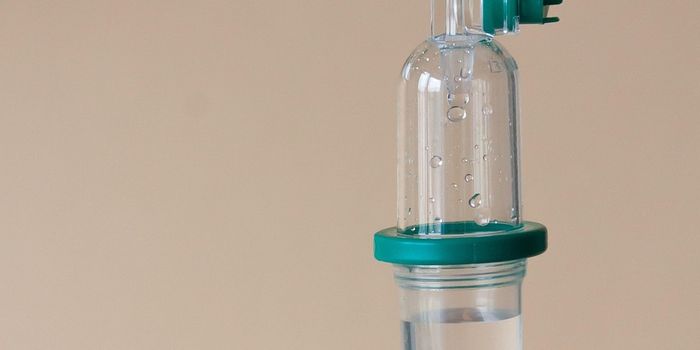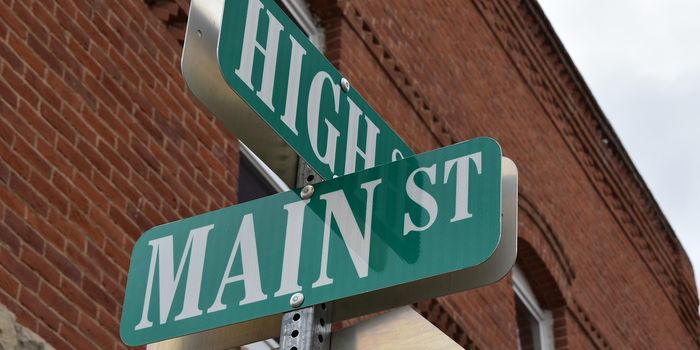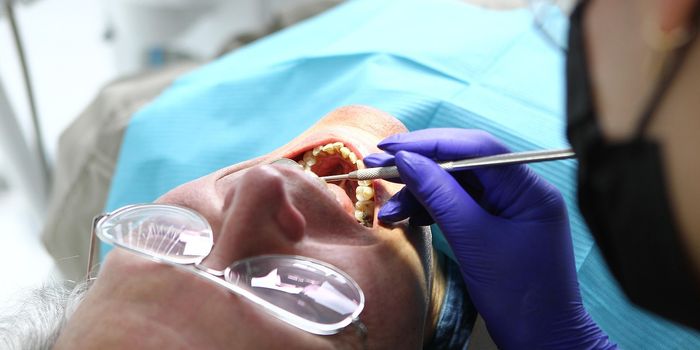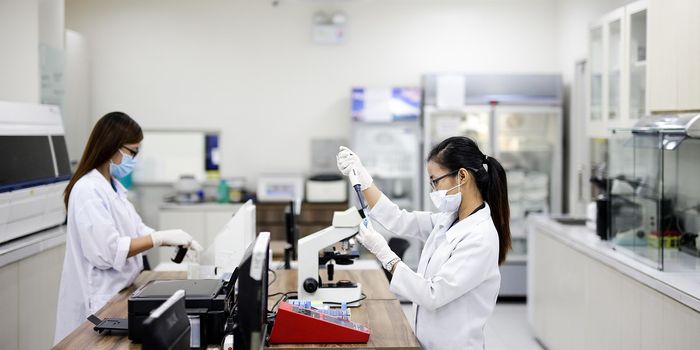FDA Grants Emergency Approval for Blood Plasma to Treat COVID-19
The US Food and Drug Agency (FDA) has given emergency approval for expanded use of antibody-rich blood plasma to help those hospitalized with COVID-19. While President Donald Trump remains highly optimistic about the treatment, others remain skeptical of its effectiveness.
Nevertheless, the decision will broaden the usage of the treatment, already administered to over 70,000 patients. Unlike a new drug, however, blood plasma cannot be manufactured in millions of doses- its availability is dependent on blood donations. As such, President Trump has urged people who have recovered from the virus to donate their blood via a nationwide campaign organized to collect it.
Despite some optimism around the treatment, some warn that no randomized trials have confirmed its efficacy. Regardless, from data collected so far from over a dozen studies, the FDA says that it is ‘reasonable to believe that the treatment may be effective in lessening the severity or shortening the length of COVID-19 illness in some hospitlized patients’, should they receive it early enough.
According to Dr. Peter Marks, a director at the FDA, patients who received plasma with a high level of antibodies within three days of being diagnosed, and provided they were not on a respirator, were 35% more likely to be alive a month after the treatment than those who received plasma with a low level of antibodies. This was only true for patients under 80 years old, however.
Meanwhile, health authorities around the world remain uncertain about the treatment and its efficacy. The World Health Organization, for example, says that it is still ‘experimental’ and that the evidence base is so far too small to report meaningful results. In the same vein, Jonathan Reiner, a professor of medicine at George Washington University, called approval of the treatment a ‘political stunt’.
Sources: New York Times, BBC









